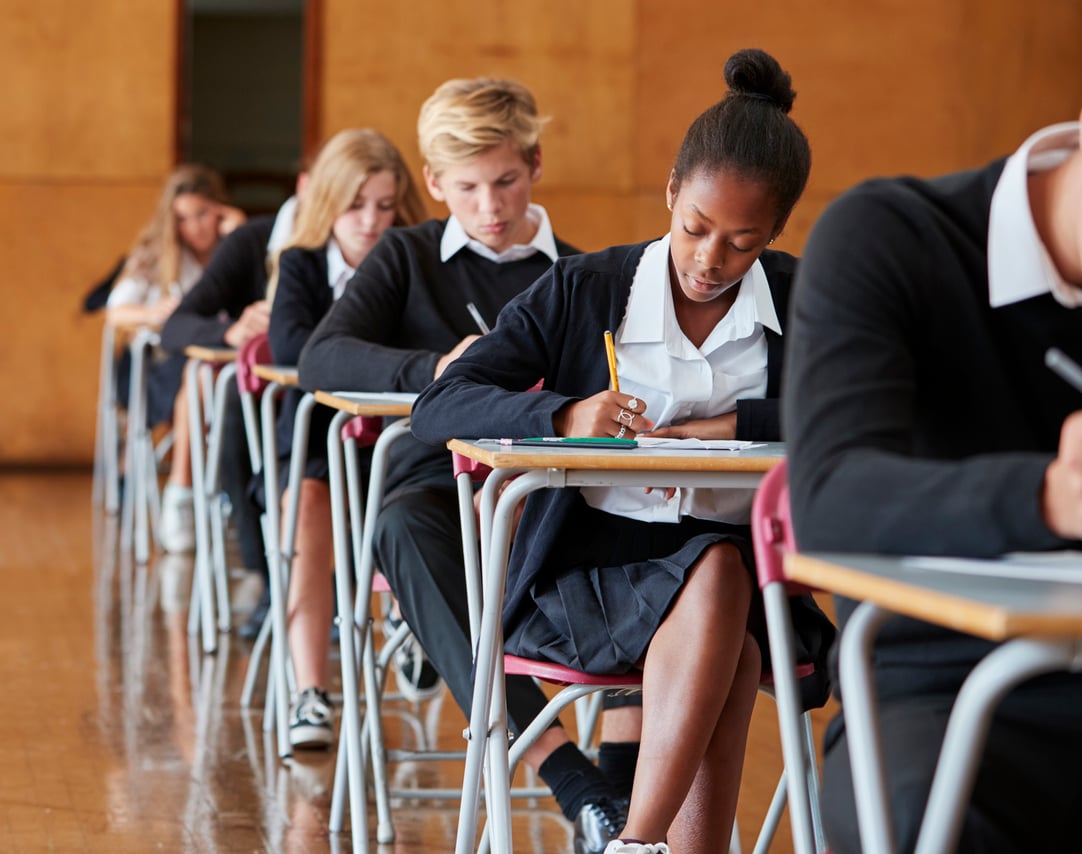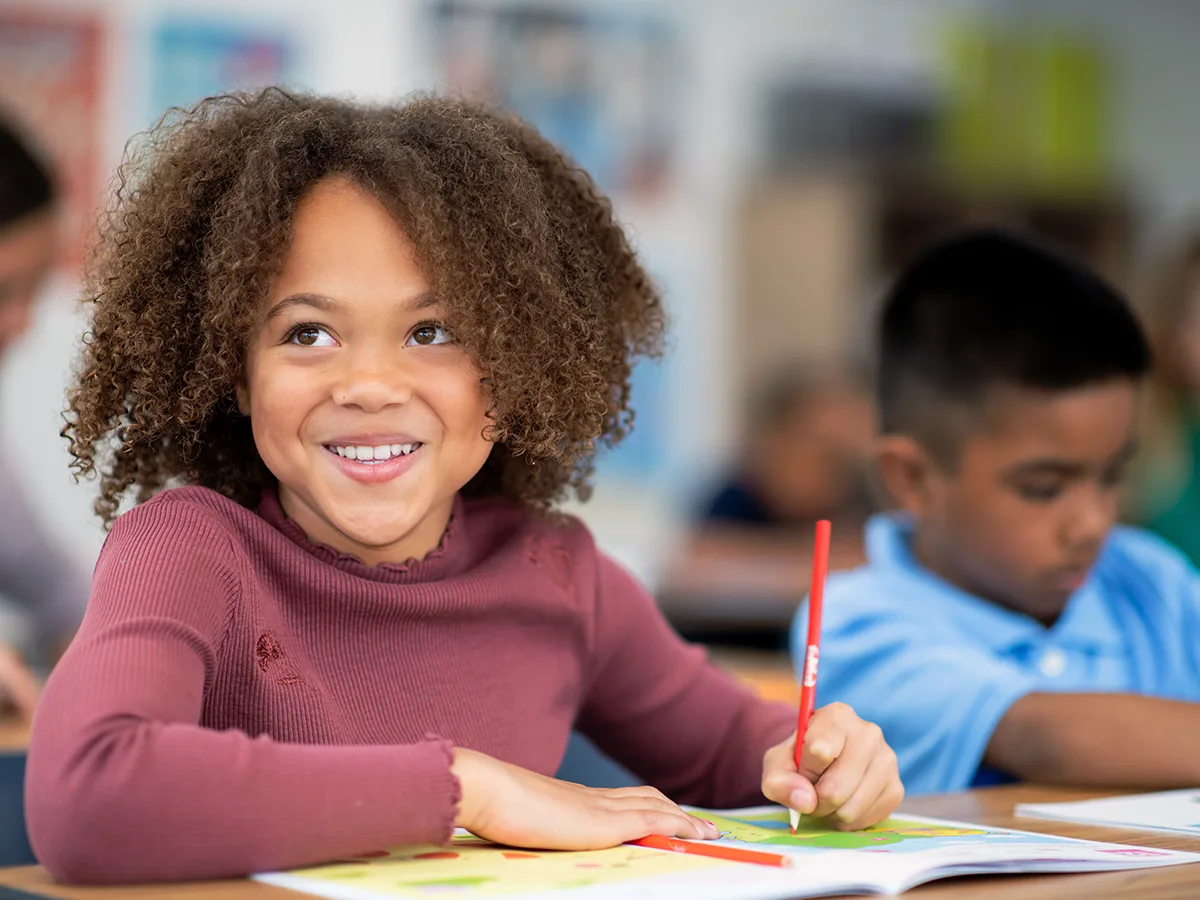How You Can Help Save Temecula Schools for Future Generations
How You Can Help Save Temecula Schools for Future Generations
Blog Article
Comprehending the Relevance of Colleges in Youngster Advancement and Area Development
Institutions' interaction with regional communities via service-learning efforts strengthens the bond in between families and instructional institutions. This symbiotic relationship emphasizes the relevance of schools in nurturing energetic citizenship and long-lasting understanding behaviors.
Academic Achievement
Academic accomplishment offers as a keystone of child advancement, offering the foundation upon which future discovering and success are built. Schools play a pivotal role in cultivating this academic development, using structured settings where youngsters can get essential expertise and cognitive skills. Standardized curricula make sure that students gain effectiveness in core subjects such as maths, science, and language arts, which are essential for both college and specialist opportunities.
In enhancement to presenting basic scholastic skills, colleges likewise cultivate vital reasoning, analytical capabilities, and intellectual curiosity. These cognitive competencies are essential for navigating complex real-world scenarios and adapting to the ever-evolving needs of the modern office. Teachers, as facilitators of discovering, utilize varied instructional approaches to satisfy diverse learning designs, thus taking full advantage of private pupil potential.
Moreover, academic success is closely connected to self-confidence and motivation. Kids who experience academic achievements are most likely to develop a favorable self-concept and a long-lasting passion for knowing. Schools also supply various resources, such as collections and technology, which additionally boost the instructional experience and prepare trainees for a technically advanced society.
Social Ability Growth
Beyond academic achievement, the role of colleges in social ability development is crucial. Schools serve as a key place for children to learn and exercise important social skills such as teamwork, conflict, and communication resolution. In the organized atmosphere of a class, pupils interact with peers, educators, and various other institution staff, supplying many opportunities to develop these vital capacities.
Effective social skill advancement in institutions is helped with through team activities, joint tasks, and extracurricular programs. These interactions help trainees comprehend social norms, construct empathy, and promote a sense of community. Group assignments instruct students just how to work together in the direction of an usual goal, listen to different perspectives, and navigate differences constructively.

The cultivation of social skills during college years lays a foundation for future personal and specialist relationships. Save Temecula Schools. As pupils mature, the ability to efficiently work together and communicate ends up being significantly important, highlighting the institution's essential role in all natural youngster development
Direct Exposure to Variety
Direct exposure to variety in institutions is basic to fostering an inclusive attitude and widening pupils' point of views. Schools act as a microcosm of the wider culture, and running into diverse cultures, languages, and socioeconomic histories within this setting gears up trainees with essential abilities for navigating an increasingly globalized world. This direct exposure urges empathy, lowers bias, and advertises shared regard among peers.
Research indicates that pupils her response that engage with peers from diverse histories exhibit better problem-solving abilities and imagination. This understanding of variety prepares trainees for future workplaces that value modern capability - Save Temecula Schools.

Community Engagement
The advantages of varied class prolong past the college walls, promoting a solid feeling of area engagement among students. By connecting with peers from different cultural, socioeconomic, and ethnic histories, students obtain a wider viewpoint and an appreciation for variety. This exposure motivates them to end up being energetic people who agree to contribute positively to their communities.
Schools that highlight neighborhood engagement typically include service-learning projects, which allow pupils to attend to real-world issues while using scholastic abilities. These jobs not only boost trainees' understanding of their coursework but also instill a sense of duty and compassion. Additionally, partnerships in between colleges and neighborhood organizations give trainees with opportunities to join area occasions, better strengthening their role as positive neighborhood participants.
In addition, adult and area involvement in colleges reinforces the bond between educational institutions and the communities they offer. They produce a collaborative setting that profits all stakeholders when colleges open their doors to community events, workshops, and volunteer opportunities. This shared support group makes sure that trainees receive holistic advancement, preparing them over at this website to end up being well-rounded people who contribute and value to their areas. Via these efforts, schools play a critical duty in supporting neighborhood involvement and cultivating social development.
Lifelong Discovering Behaviors
Developing lifelong understanding practices is vital for a youngster's continual growth and versatility in an ever-changing world. Colleges play a pivotal role in instilling these behaviors by creating a setting that cultivates curiosity, essential thinking, and a love for knowledge. Through diverse educational programs and after-school activities, educators encourage trainees to check out various subjects, evaluate info critically, and use their discovering to real-world scenarios.

Additionally, colleges offer an organized environment where children can create self-discipline and time monitoring abilities, both of which are critical for continual discovering. By stressing the value of establishing objectives, reflecting on progress, and adapting approaches, schools prepare pupils to browse the complexities of grown-up life, guaranteeing they continue to be long-lasting students and factors to society.
Verdict
In final thought, colleges are necessary in promoting youngster development and neighborhood development by giving atmospheres favorable to scholastic achievement, social ability advancement, and exposure to diversity. Ultimately, institutions cultivate lifelong understanding behaviors, gearing up people with the necessary expertise and abilities to contribute positively to culture.
In the organized setting of a classroom, pupils engage with peers, educators, and various other school personnel, offering many possibilities to establish these essential capacities.
In essence, direct exposure to variety within institutions not only improves individual students yet also strengthens the social textile of the neighborhood as a whole.
The advantages of diverse classrooms expand beyond the institution walls, fostering a solid feeling of neighborhood interaction amongst trainees.Schools that stress community interaction frequently include service-learning tasks, which permit trainees to address real-world problems while using academic skills. Collaborations in between schools and local companies offer pupils with chances to participate in neighborhood occasions, even more solidifying their function as aggressive neighborhood members.
Report this page